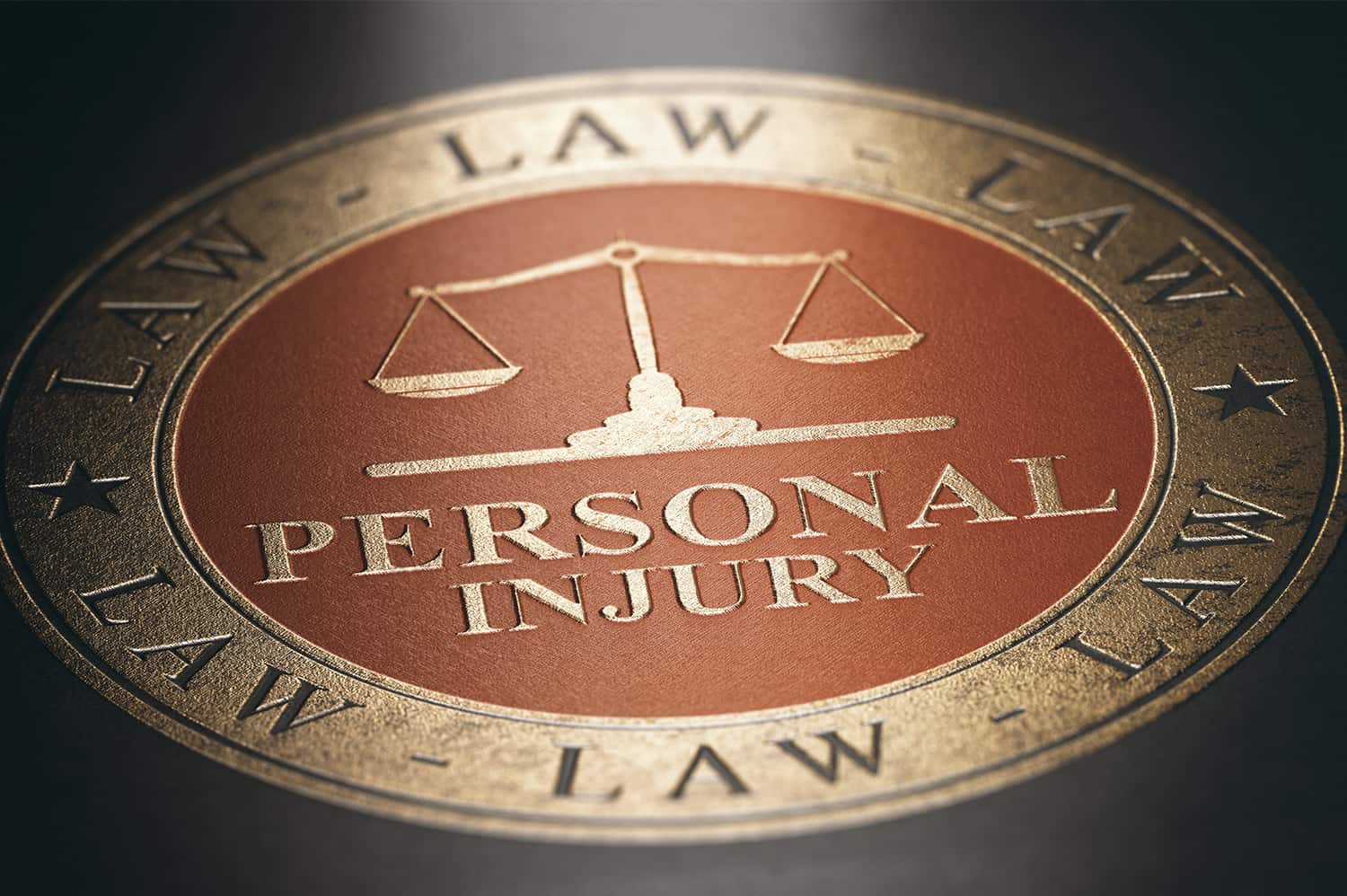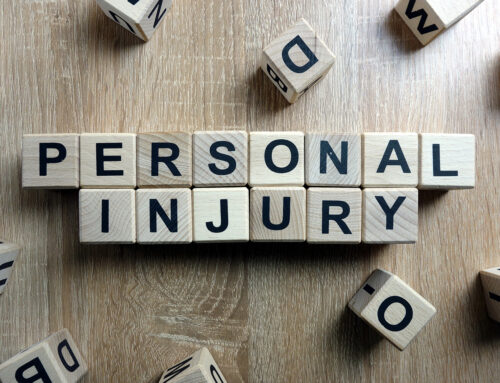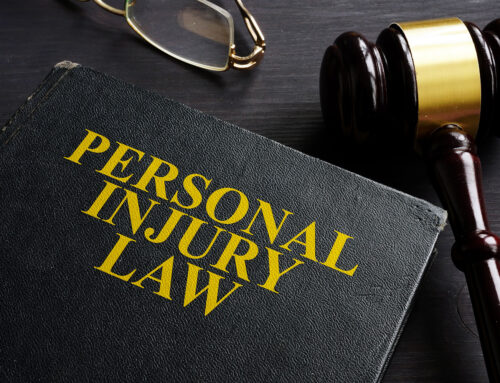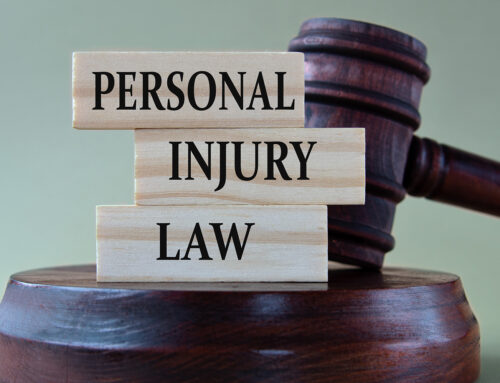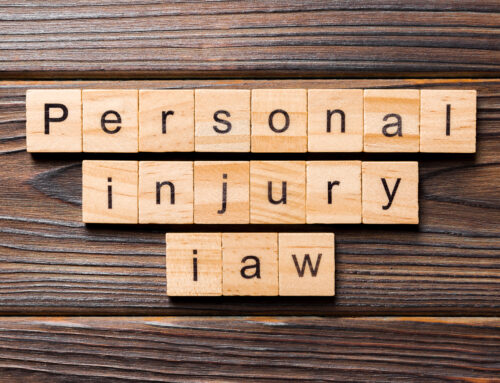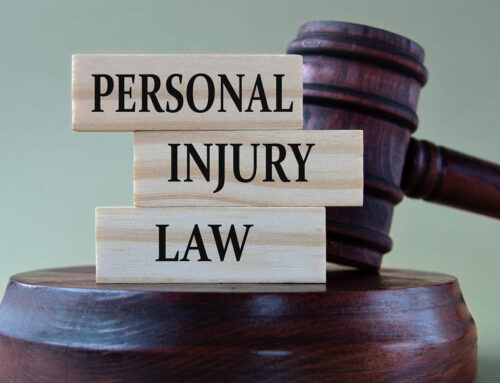California tort law protects victims of personal injury from the financial consequences by allowing you to file a civil claim or suit against the party responsible for your injury and damages. However, as the plaintiff, you are responsible for proving your losses and the other party’s liability. Consider the evidence you need and how a personal injury attorney can help.
What Qualifies as a Personal Injury Case?
Any incident where one person’s actions result in the injury of another could constitute a personal injury, or tort, claim. The most common type of case involves auto accidents. These can include single or multi-vehicle crashes involving standard passenger cars, commercial trucks, motorcycles, pedestrians, government vehicles and bicyclists. Other common types of personal injury claims include:
- Slip-and-fall accidents. These involve the legal concept of premises liability, making property owners liable for negligence in failing to maintain safe conditions for visitors.
- Intentional torts. This involves cases where a person intentionally causes harm to another, such as assault and battery.
- Defective products. Under product liability laws, manufacturers can be responsible if their product malfunctions and causes harm to consumers.
The initial task for the injured party is to demonstrate that the defendant was liable. When you hire a personal injury attorney, they will evaluate your claim to ensure you have all the evidence necessary to prove negligence and damages.
How Does Liability Impact a Personal Injury Case?
Liability plays a critical role in a personal injury case. It determines who is legally at fault for the harm sustained by the injured party. Establishing liability means establishing the four elements of a negligence claim and providing the evidence necessary to meet the burden of proof in civil court, which is notably less than the burden of proof in criminal court.
The Four Elements of a Negligence Claim
To prove negligence in a personal injury case, you must provide sufficient evidence to support each of the four components:
- Duty of care. You must show that the defendant owed you a duty of care at the time of the incident. For example, in a car accident case, every driver owes everyone on the road a duty to drive with reasonable care.
- Breach of duty. You must prove that the defendant violated that duty of care. In a car crash claim, a traffic law violation would constitute a breach of duty.
- Causation. You must connect the driver’s breach of duty to the accident and your injuries. Running a red light and crashing into another vehicle is an example of direct causation.
- Damages. You will present the evidence proving every loss you claim and connect each to the accident and your injuries.
A personal injury attorney will help you navigate the requirements and ensure you have all the evidence necessary to prove your claim. They often identify damages you did not know you could claim, including non-economic losses like pain and suffering and emotional distress.
Types of Evidence You Need
To prove a personal injury claim, you need a comprehensive array of evidence. Medical records and bills detail the nature and extent of injuries, treatments received and future prognosis. Photographs can serve as compelling visual evidence, capturing the accident scene and any visible injuries and property damage. Witness testimonies are invaluable, providing third-party accounts that can support the plaintiff’s version of events.
To substantiate financial loss due to the injury, documentation like pay stubs or statements from employers can prove lost wages. Combined, this evidence works cohesively to showcase the defendant’s liability and the extent of your losses. The more severe the incident and injuries are, the more important it becomes to have a legal representative, especially in cases involving intentional torts or multiple defendants.
How Can a Legal Representative Help?
A personal injury lawyer offers expert guidance through the complexities of the legal process. They assess the merits of a claim, determine its value and advise on the best course of action. These lawyers gather evidence, consult medical professionals and negotiate with insurance companies to secure a fair settlement. If negotiations stall, they represent you in court. Their expertise ensures you understand your rights and receive appropriate compensation for your injuries. Having a legal representative allows you to focus on healing while they build a solid case for you.
When Should You Contact a Personal Injury Attorney?
If you suffered an injury and damages due to another person or party’s negligent or wrongful action, there is no time too soon to contact a personal injury attorney at the Law Offices of Brent D. George. We understand the physical, emotional and financial devastation victims and their families often face after these accidents and commit to helping you recover every penny you deserve. Contact us today to schedule a consultation with an experienced attorney.

